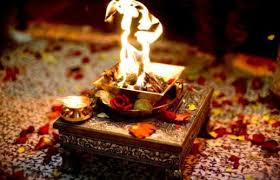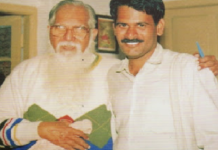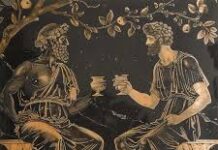
Dear Jeymohan,
While watching your videos, I came across one where you discussed the Vedas. It was a significant conversation, particularly regarding how to approach these ancient texts.
Some people believe that the Vedas are esoteric works filled with unknowable mysticism, reserved for only a select few who possess the right to understand them. However, the reality is that ancient texts worldwide have often been shrouded in mystique, becoming the exclusive domain of a limited audience. For instance, we see Chinese mystical texts like the I Ching being utilized as astrology books in the quest for meaning. Similarly, in South Tamil Nadu, ancient medical writings and mantra scriptures in Kerala are treated as secret knowledge in this manner.
The text presents a perspective on the significance of knowledge within an Indian context, highlighting its historical importance and ongoing relevance. However, some parts could benefit from clarification and refinement for better coherence and readability. Below is a revised version:
This reflects an Indian mentality, often characterized as a low-country mentality. This mindset celebrates the right to knowledge, recognizing that in ancient times, knowledge was a form of power. There was a time when one could establish authority through knowledge, and this notion of authority still holds true in certain areas today.
We continue to interpret the Vedas through the lens of the illusion they have created. Nevertheless, the Vedas remain accessible to everyone today. Their poetry and historical significance continue to be important to us.
Reciting the Vedas accurately, without errors, has become a ritual. This practice is often referred to as Vedic education. While this ritual may be necessary for some individuals today, it has led to certain priests learning to recite the texts. However, the true essence of the Vedas is what those seeking knowledge need to understand. Through this understanding, one can arrive at Vedanta. You have articulated this clearly. Congratulations.
Ma. Kothandaraman












